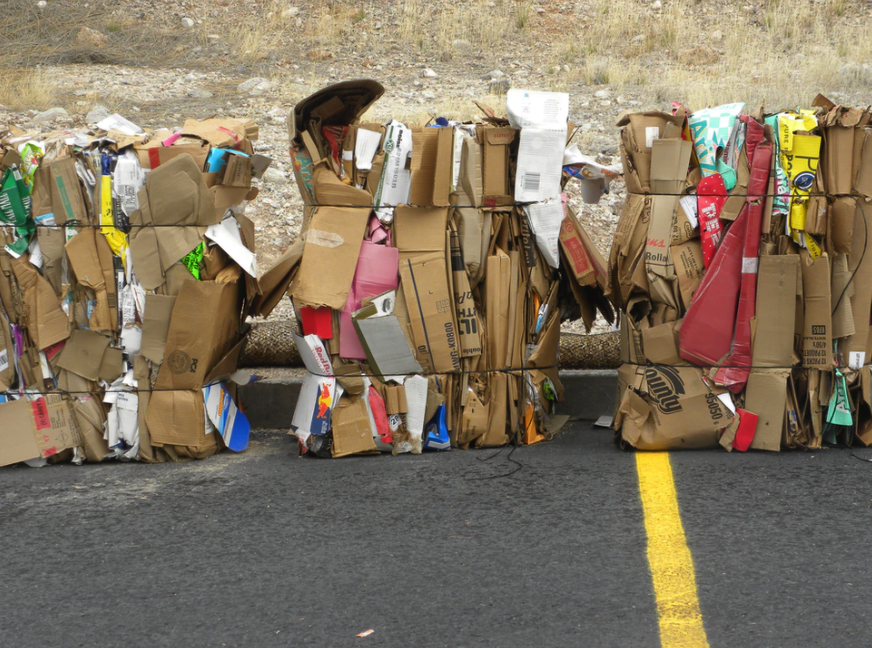As previously mentioned in the article “a return to sustainable food is essential for our health to all”, we live in a society of overconsumption following a flawless production initiated after the Second World War. It is not glorious, in 1950 we were at a production of 1 million tons of plastic and today we are well over 4 billion tons of waste, including about 100 million tons of litter … Moreover, plastic packaging represents 85% of marine waste and under the effect of sea currents, this waste forms the seventh continent of plastic.
This is aberrant and pushes us to consume and produce at all levels differently in order to reduce this waste that soils our planet.
The awareness is there thanks to the great protectors and defenders (Greta Thunberg, Leonardo di Caprio, Yan-Arthus Betrand, David Attenborourgh,…) of our planet who have traveled the globe and have seen the drastic consequences of this overproduction in our oceans, seas, lakes, forests, beaches, cities, neighborhoods, organisms of many marine species, in the human food chain,… in the four corners of the world. Numerous reports retrace their discoveries and have generated a huge awareness among the citizens of the world. Here are some of them to watch absolutely: Before the flood, Oceans, Our planet, Seaspiracy,…
Several political, entrepreneurial and citizen initiatives have emerged:
First, the European Union has understood this and is the first continent to have adopted by a large majority the most ambitious legislation against single-use plastics that pollute our oceans. Since January 2021, eight single-use plastic products (cutlery, plates, straws, cotton buds, balloon stems, fidget spinners, food containers and expanded polystyrene cups) are banned. This strong measure sends an urgent message to other major powers to take the same path towards a drastic reduction of single-use plastic[1].
Secondly, companies not following this awareness will find themselves out of the race since recycling is not only an environmental challenge but also a social and economic one. There are opportunities to be seized: new markets, segments and targets as well as important economies of scale. Who would want to miss this step?
As global citizens, there is a lot we can do at our own scale to take care of our planet. We can for example say no to useless advertisements in our mailboxes, avoid plastic on a daily basis by buying our products in bulk, participate in clean-up days in our neighborhoods, sort our garbage properly and favor the reuse of our products.
In other words, we must build a world where we make what we want and need ourselves. We must absolutely reduce our dependence on large corporations that do not always have our best interests in mind.
To recycle is to reuse endlessly, to transform to enhance, to reorient, to redirect to function on other activities. It is a constant learning process, we are made to learn and we are the only masters of it.
Let’s move for our future and those of our children, by teaching them good habits from the start.
Author: Emilie de Gerlache for Semlex for Education
1] Christophe Chenebault, Welcome to a positive world, Massot editions, 2021.


